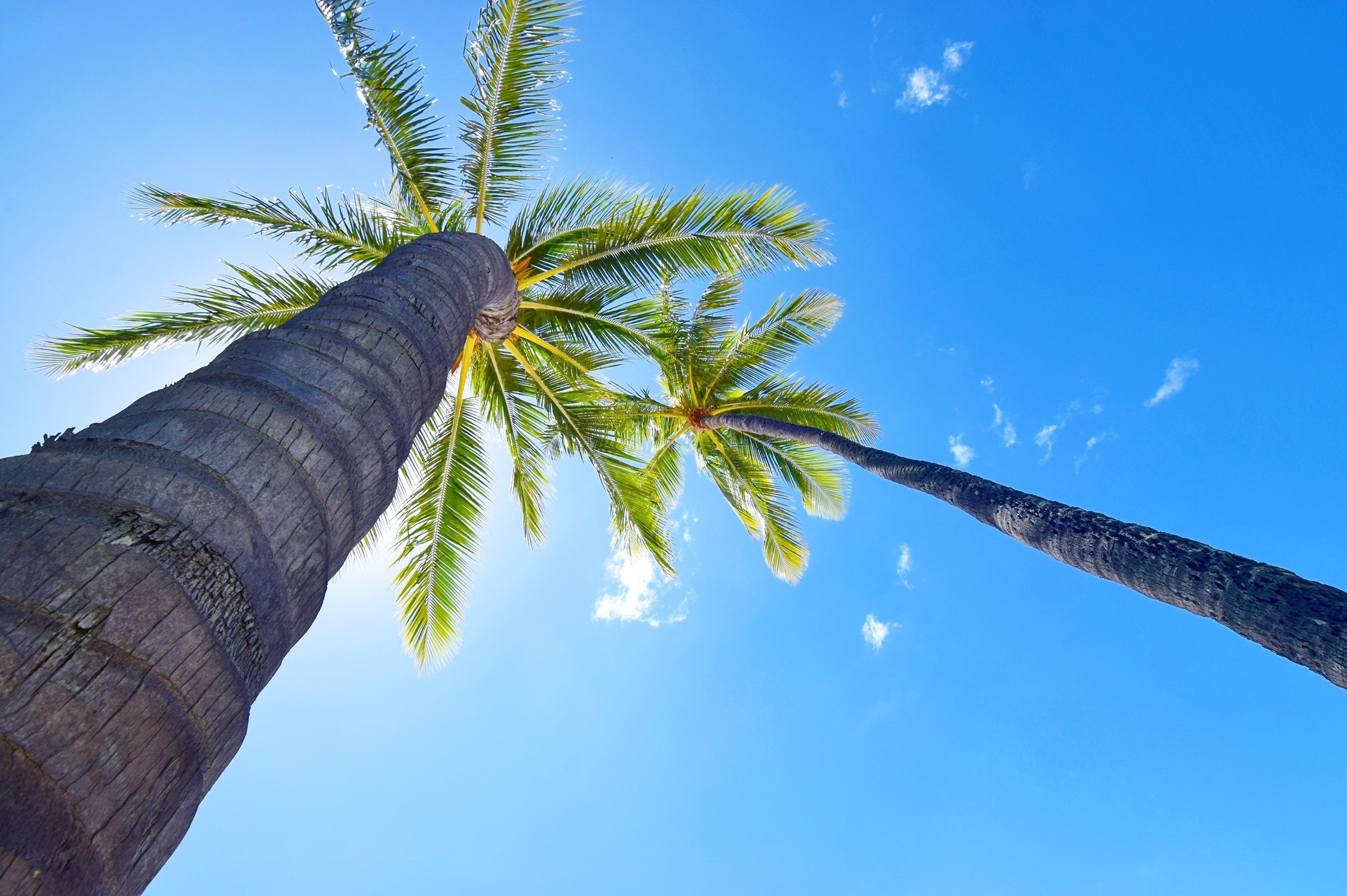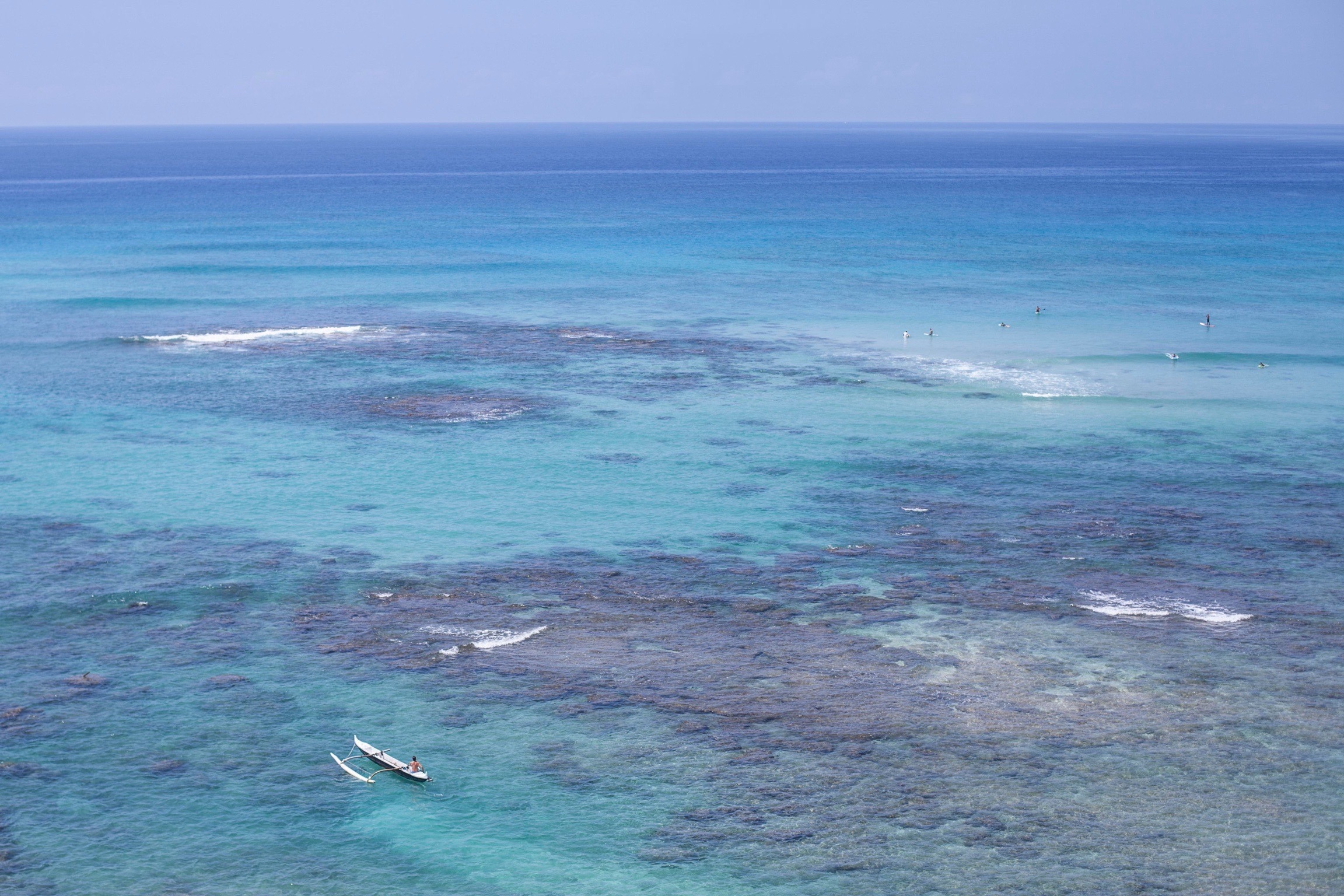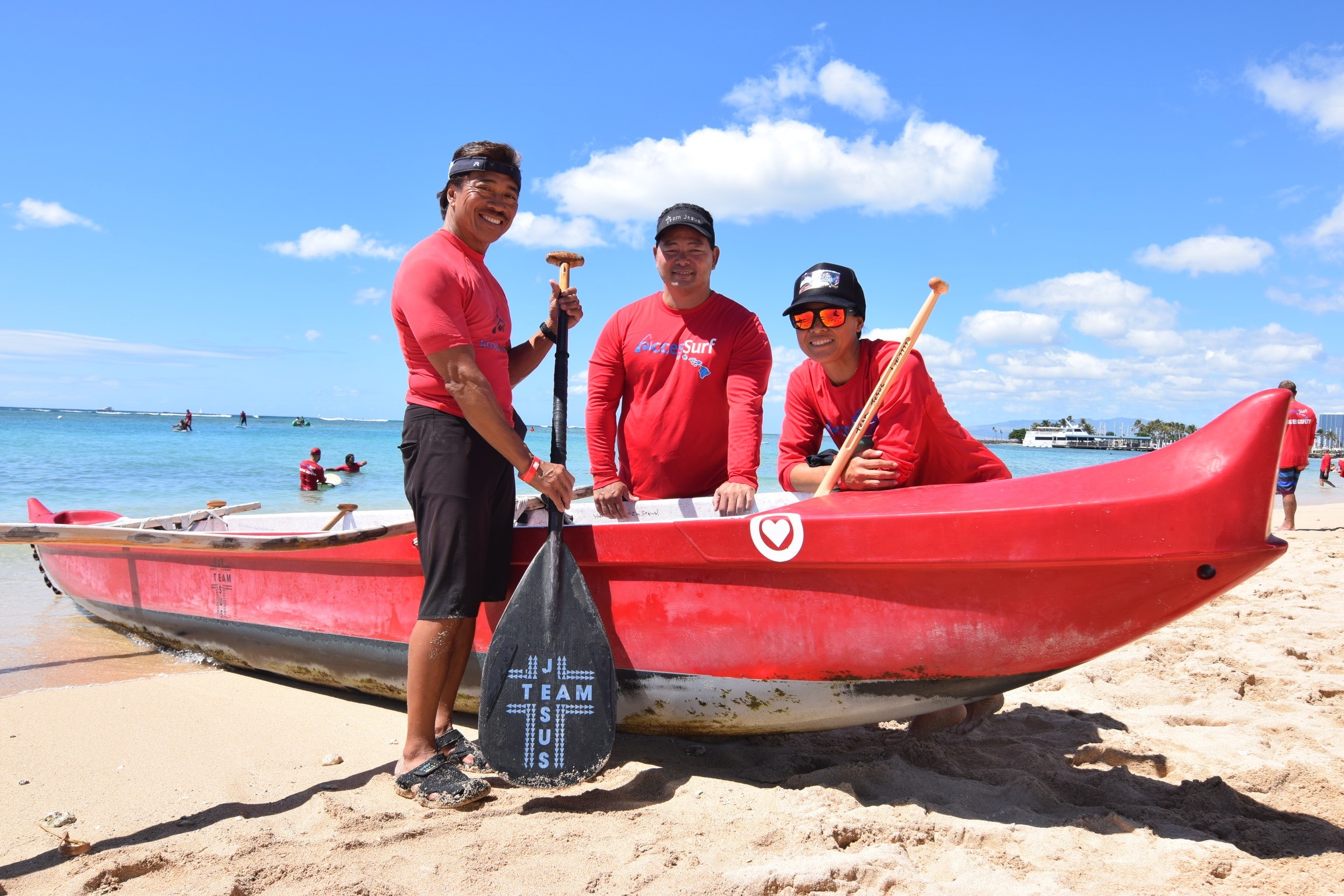5 tips to avoid skin & reef damage
While enjoying Hawaii, sun exposure is almost unavoidable. In fact most of us like a healthy glow and sunkissed hair. The dangers of too much sun are widely known, the only way to avoid sun damage is staying out of the sun and other precautions such as using sunscreen. Sunblock, good for our skin, is an enemy of healthy reefs though. Coral reefs suffer from most of the ingredients that sun lotions have.

Reef Damage & Sunscreen Ban
14,000 tons of sunscreen is believed to be deposited in oceans annually with the greatest damage found in popular reef areas in Hawaii and the Caribbean. Earlier this year, Hawaii became the first state to pass a bill banning the sale of sunscreen containing chemicals believed to harm coral reefs.

How to choose the right Sunblock
So you may wonder, how can you avoid the harmful effects of the sun without contributing to the damage of reefs? Here are some helpful answers for you:
- Cover up – protect your skin with clothing and wear sunglasses that block UV rays. Don’t forget to wear a hat and also apply sun protection to your lips!
- Avoid midday hours. Form about 10 am to 3 pm the UV rays which cause sunburn are the strongest. If you are outdoors during these hours, try to seek shade under a beautiful tree.
- Read the label: if the sunblock contains oxybenzone or octinoxate put it back into the shelf and move on.
- Choose a lotion that is labeled as „reef safe“ and is zinc oxide and titanium dioxide based. Mineral sunblocks with zinc oxide and titanium dioxide are reef-safe. Look for „non-nano“ – which indicates that the product is a go!. If ingredients are below 100 nanometers, the creams can be ingested by corals.
- Watch the clock – avoid staying in the sun for too long. Actually, any amount of sunshine can do harm! Remember sunburn is an immediate reaction, but damage from the sun occurs over a lifetime

The bill will go in effect January 1st, 2021 – at that point sunscreen containing oxybenzone and octinoxate, which help filter UV rays, will be prohibited. We know, that’s still another 2 years but we urge our volunteers to start using reef-safe sunscreen to help avoid coral-bleaching and minimize the negative footprint.
